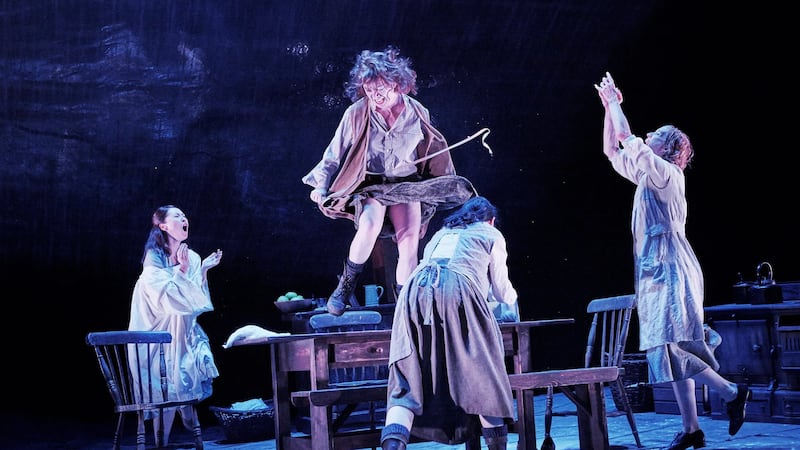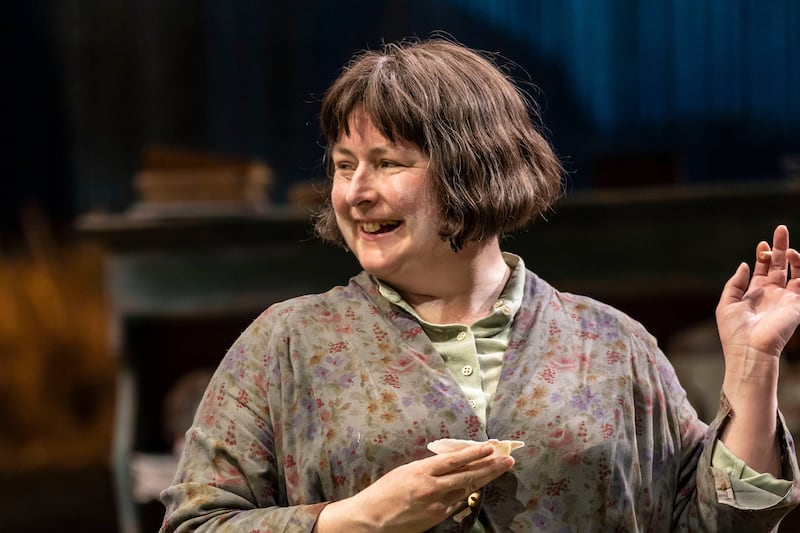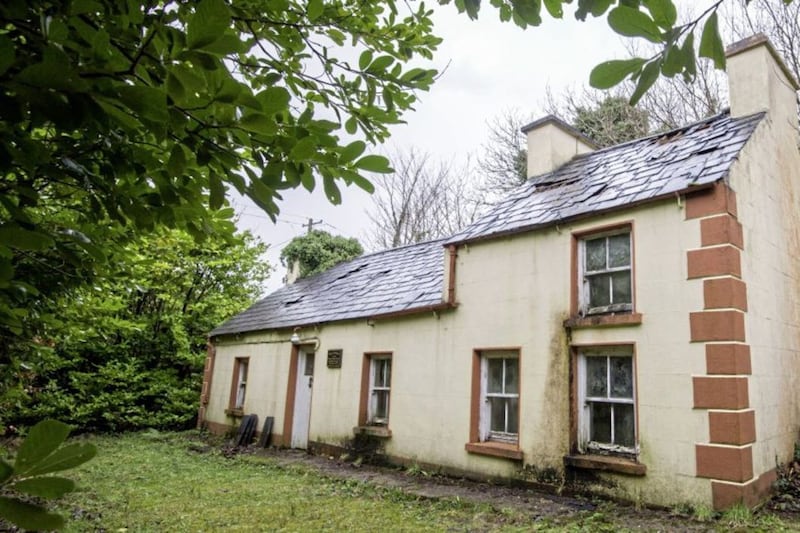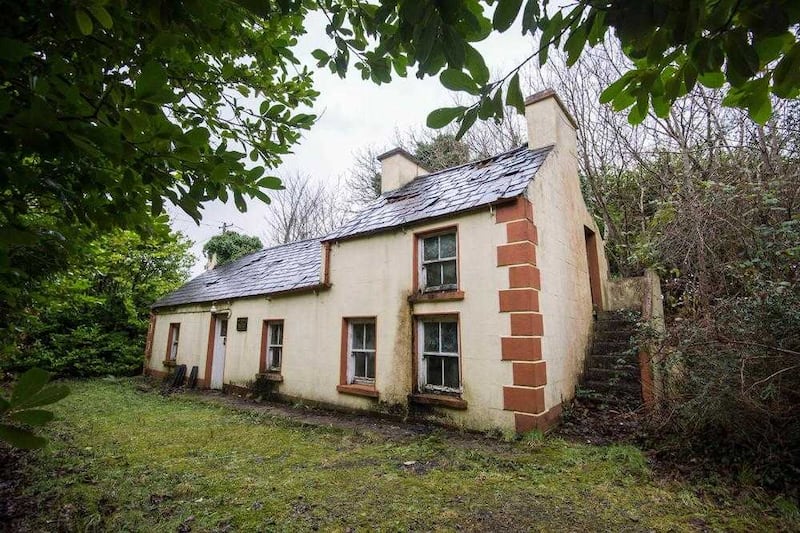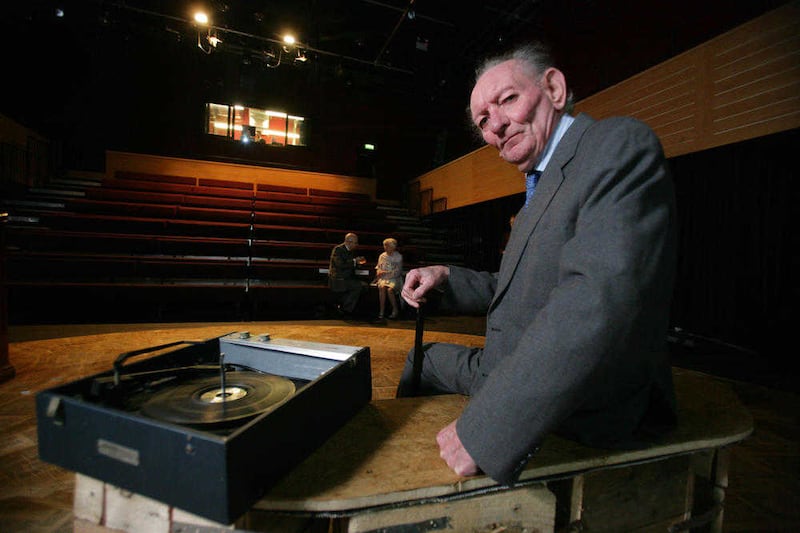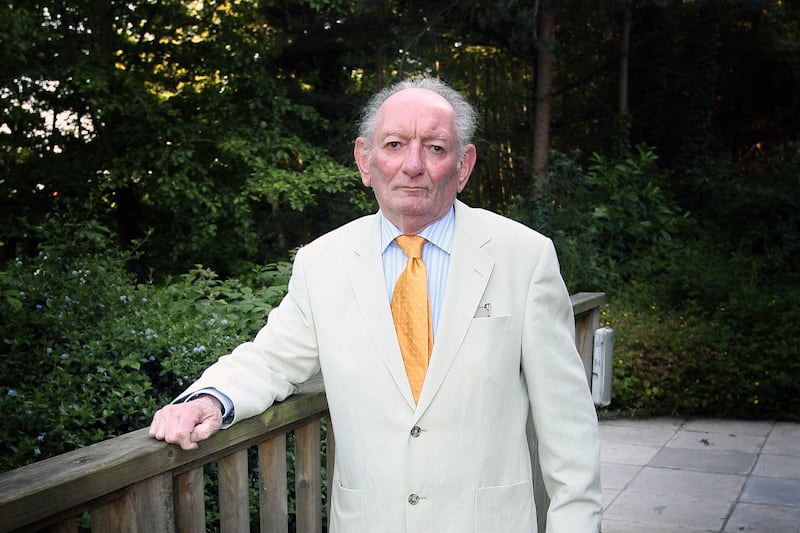Dancing at Lughnasa at the Lyric Theatre in Belfast
It all began with the Proustian smell of Donegal turf and the Lyric Theatre audience last night was immediately transported to Brian Friel's Ballybeg.
Then we had a major dramatic pause as narrator and son Michael Evans (Charlie Bonner) began this superb drama about narrow societies, women and men, dance, religious oppression and the whole damn thing.
While there were great performances and some truly great theatrical moments, as when magnificent Maggie (Cara Kelly), the most poignant Mundy sister in some ways, instigates a wild Lughnasa dance, the rhythms were slightly out.
Friel is a European dramatist, has translated Chekhov and here has produced a classic drama that is in some ways a Donegal House of Barnarda Alba.
What we have is a society and family on the cusp of terrible change. The women are frustrated in all senses, only one, Chrissie, has a son, Michael and their situation is moving from a country setting to the start of industrialisation. It's tough.
Yet the set by Paul O'Mahony was wide open, full of the space these women lacked in their private lives.
As they plan a primitive rebellion and think of going to the Lughnasa dance, a slightly pagan event in the otherwise Catholic calendar, we sense change.
The second half had more pace and the unsettling passage where uncle Jack (Declan Conlon) describes his participation in African pseudo religious ceremonies worked well, flagging up the finale.
The thing is, like Chekhovian drama, this one is funny and tragic. As Maggie says after her dying uncle outlines the way he went native, she never imagined seeing "lepers without limbs doing the twostep".
The production formed part of the new Lughansa International Friel Festival and although it over signalled meaning, at times did him proud.
